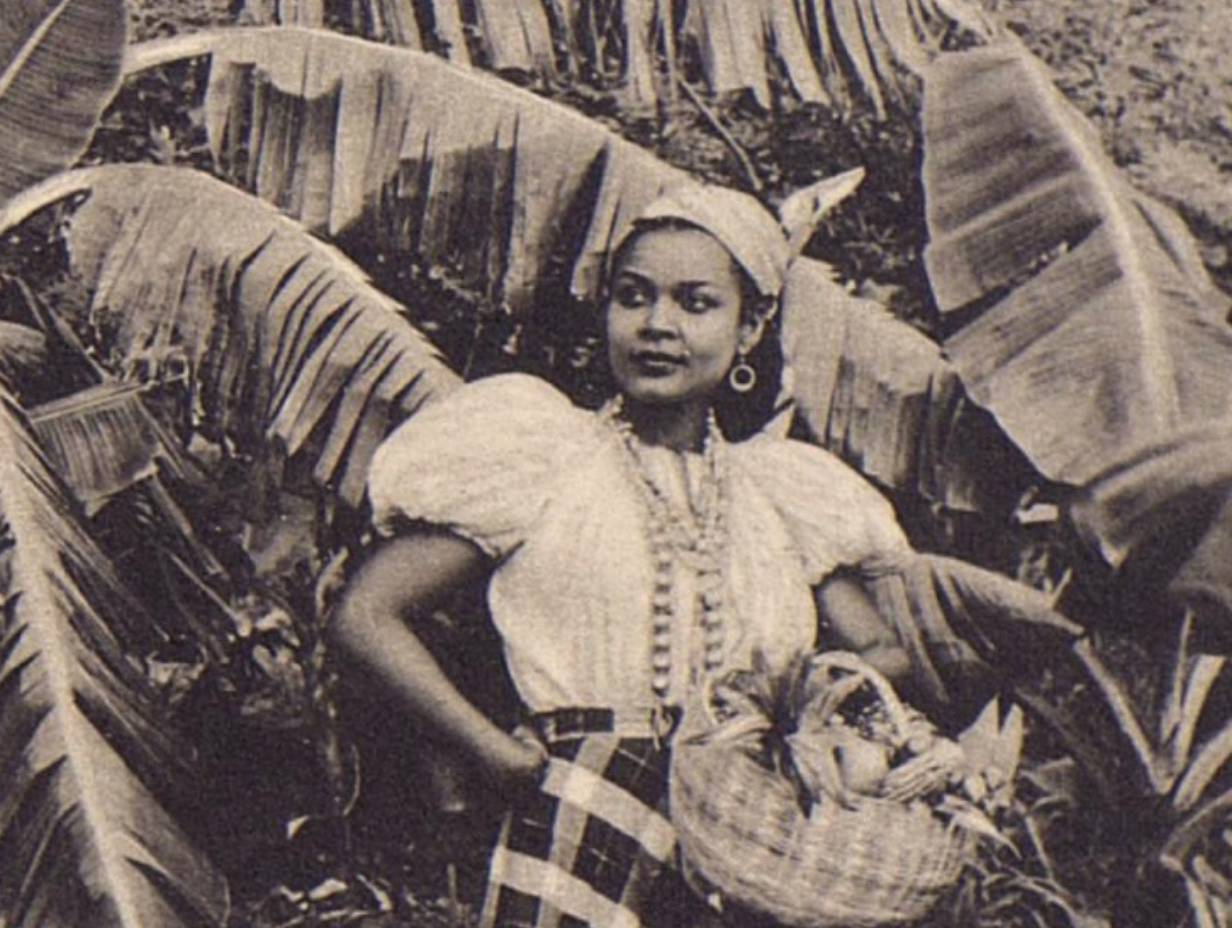What We Lost When Skincare Became Clinical
When we started Orijin, we weren't trying to revolutionize skincare. We were trying to solve a problem that felt personal: finding products that actually worked for our skin without stripping away everything we knew about caring for it.
There's something about being disconnected from familiar routines that makes you notice what you miss. During the pandemic, stuck between cultures and the skincare aisles of CVS, we kept returning to the same question: why does this feel so far from the way we actually live?
The beauty industry would call our family's approach "anecdotal." But watching my mother Flo blend botanicals with the precision of both a nurse and someone raised on traditional remedies, I realized we'd been asking the wrong questions entirely.
The Problem With One-Size-Fits-All
Walk into Sephora and you'll find thousands of products promising universal solutions. "For all skin types." "Suitable for everyone." The language reveals the assumption: skin is skin is skin.
But our skin, shaped by Caribbean heritage and lived in different climates, tells a different story than the clinical studies most brands rely on. Research shows melanin-rich skin contains 75% less ceramide than lighter skin. Sebum composition varies dramatically between ethnic groups. Even inflammatory responses differ based on genetic heritage.
When Culture Becomes Marketing
The "clean beauty" movement made space for natural ingredients, but it often missed the deeper point. Turmeric became trendy without acknowledgment of Ayurvedic traditions. Rose water appeared in minimalist packaging, stripped of its ceremonial significance.
My family has used hibiscus (choublak in Haitian Creole) for generations. Not because it was "clean" or "trending," but because it worked. Because it connected us to something larger than skincare routines.
When I learned that hibiscus contains natural alpha hydroxy acids and vitamin C that brighten and exfoliate, I wasn't surprised by the science. I was struck by how long it had taken the beauty industry to catch up to what my ancestors already knew.
What Makes Skincare Cultural
Cultural skincare isn't about borrowing ingredients from different traditions. It's about understanding that your skin carries the history of where your people come from.
In Haiti, skincare was never separate from healing, celebration, or daily ritual. The plants we chose, the way we prepared them, the time of day we applied them—everything had intention. Modern skincare stripped away that context in favor of efficiency.
Cultural skincare attempts to restore it.
For Orijin, this means three things: First, we choose ingredients based on both traditional knowledge and modern research. Hibiscus has been used in Caribbean healing for centuries and happens to be rich in compounds that benefit skin.
Second, we consider how ingredients are sourced and who benefits from their cultivation. Our goal is developing relationships with Caribbean botanical cooperatives, ensuring the communities that maintained these traditions also benefit from their commercialization.
Third, we acknowledge that different skin needs different care. Our Jasmine Collection exists because many people with sensitive or reactive skin couldn't tolerate the essential oils common in traditional aromatherapy. Instead of forcing a universal solution, we created products that honor the tradition while serving specific needs.
Beyond the Caribbean Context
You don't need Caribbean heritage to benefit from cultural skincare principles. The approach works for anyone willing to understand their skin's specific context—genetic, environmental, cultural.
This might mean researching your family's historical skincare practices. Learning about the climate your ancestors adapted to and how that might influence your skin's behavior. Choosing products made by companies that respect the communities their ingredients come from.
Most importantly, it means treating skincare as more than maintenance. When you understand the stories behind your ingredients, when you slow down enough to notice how products feel and smell and change your skin over time, routine becomes ritual.
Why This Matters Now
The most meaningful feedback we receive isn't about skin improvement, though our customers do see that. It's about feeling seen. About finding products that don't require them to code-switch their identity at the bathroom mirror.
One customer wrote: "I didn't realize how much I'd been holding my breath until I found skincare that finally felt like home."
That's what happens when culture and care converge. When brands stop treating heritage as aesthetic and start treating it as wisdom.
Your skin knows where it comes from. Your skincare should too.
Read more

Currently reflecting from Tulsa, Oklahoma, where I'm part of a program supporting women entrepreneurs. Grateful for all the unexpected lessons and the reminder that there's always more to the story...

Hi Orijin fam, Three months ago, I thought I knew exactly what Orijin needed to succeed. Clear goals, perfect execution, unwavering confidence. Sometimes the most important growth happens when you ...


Leave a comment
All comments are moderated before being published.
This site is protected by hCaptcha and the hCaptcha Privacy Policy and Terms of Service apply.